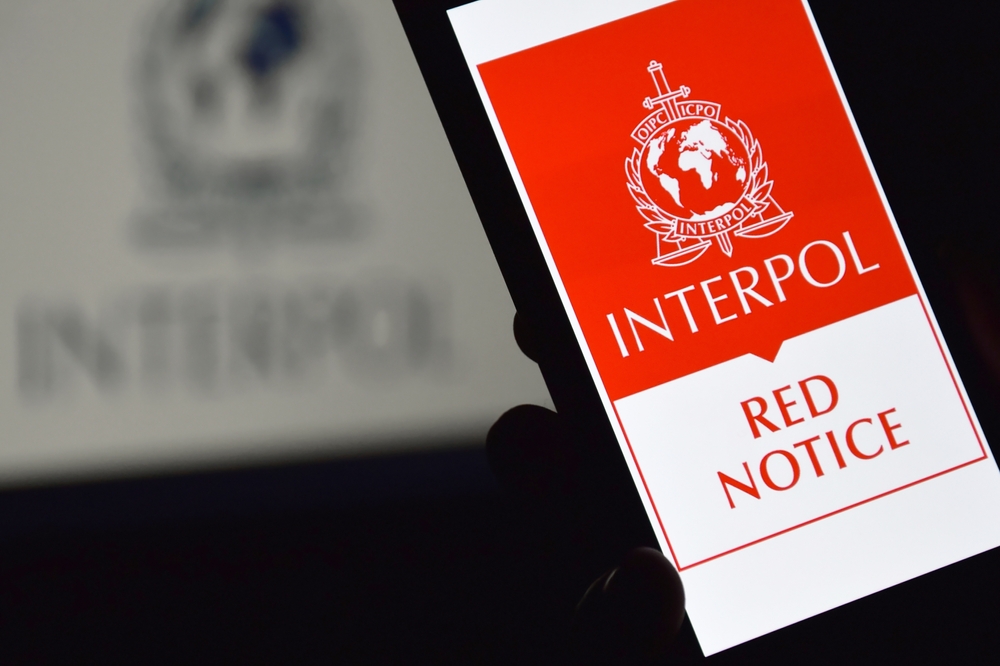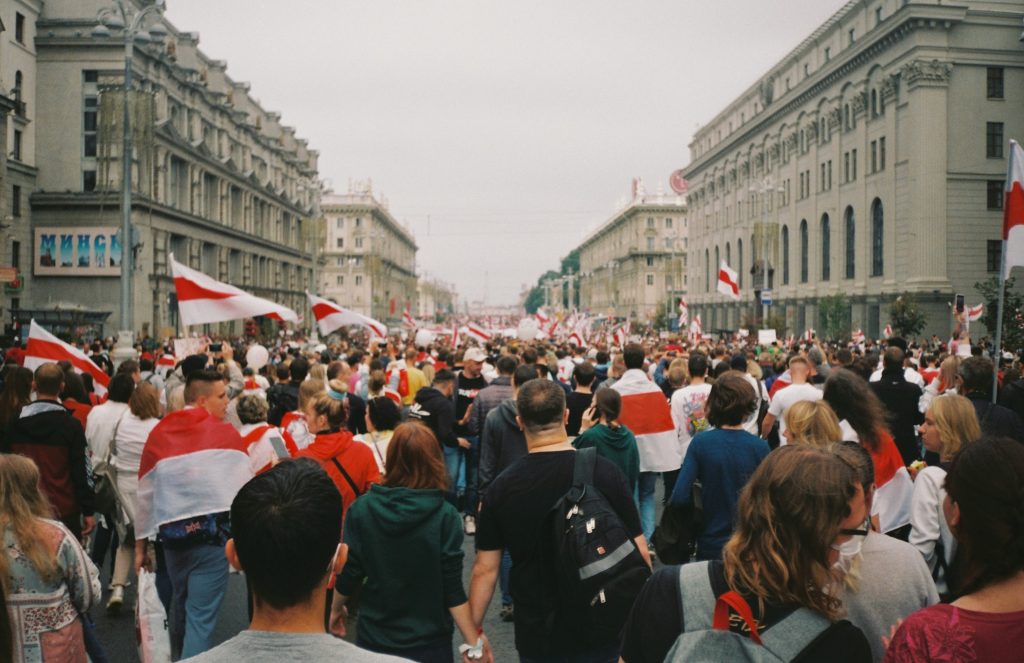Interpol is not known for making press announcements on individual cases, other than to occasionally confirm or deny a rumoured Red Notice. It is even more unusual for Interpol to make a public announcement immediately in response to a pre-emptive request for confirmation whether requests for an alert have been made.
News that Hong Kong has issued arrest warrants against eight pro-democracy activists accused of breaching national security laws has however prompted the international police organisation to clarify whether Red Notices have been requested for the persons concerned. Those affected have received global media attention and feature in a breaking story about the persecution of human rights activists.
Making it plain that no requests for Red Notices had been received in respect of the eight individuals, Interpol has stated that:
“As of today, 4 July 2023, no requests for a Red Notice or Wanted Persons Diffusion have been received for the eight individuals mentioned. INTERPOL does not issue arrest warrants nor can it compel any of its 195 member countries to arrest or extradite an individual. A member country can request INTERPOL to issue a Red Notice for an individual who is subject of a valid national arrest warrant. A Red Notice is a request to provisionally arrest an individual pending extradition, surrender or similar lawful action. It is not an international arrest warrant. All Red Notice requests are subject to a review by a specialized task force to ensure the Notice complies with INTERPOL’s Constitution and rules. For instance, INTERPOL’s Constitution states that it is strictly forbidden for the Organization to undertake any intervention or activities of a political, military, religious or racial character, and its activities should be conducted in the spirit of the Universal Declaration of Human Rights. In reviewing a Red Notice request, INTERPOL’s Notices and Diffusions Task Force specifically assesses the status of the individual concerned, such as whether the individual is a refugee or political activist, in order to determine compliance. Any individual, or their legal representative, who believes information about themselves, including a request for a Red Notice, may have been provided to INTERPOL, may contact the Commission for the Control of INTERPOL’s Files (CCF) free of charge, to request access to, and/or correction or deletion of this information.”
The targeting of the eight activists follows the introduction of controversial national security laws in Hong Kong since it came under the jurisdiction of the Government of China. Following months of mass civil unrest, the new laws were passed in June 2020. The US , Australia and the UK subsequently condemned Hong Kong’s extraterritorial application of it’s national security laws and heavily criticised the conduct of the Chinese Government for targeting pro-democracy campaigners. This led i n the same year to the UK, Australia and the US suspending their extradition treaties with Hong Kong.
In a further sign of the strained relations between the UK and China over Hong Kong, on 3 July 2023 the UK Foreign Secretary, James Cleverly announced that the UK government “will not tolerate any attempts by China to intimidate and silence individuals in the UK and overseas,” and that the UK “object to the National Security Law that China imposed on Hong Kong, including its extraterritorial reach, in breach of the legally binding Sino-British Joint Declaration.”
Soon afterwards, the Chinese embassy in the UK stated that “British politicians openly sheltering wanted criminals is a gross interference in the rule of law in Hong Kong and China’s internal affairs, and China expresses strong dissatisfaction and resolute opposition.”
It is to be hoped that if any Red Notice requests are received from Hong Kong in respect of the 8 activists, they will be immediately rejected by the NDTF during the screening process – see our RNM blog on the work of the NDTF here . Given the highly politicised background to this case it would seem obvious that any Red Notice would potentially fall foul of Articles 2 and 3 of Interpol’s constitution – specifically contravening the prohibition on political activity and bars on human rights violations on e.g., the right to free speech and political protest. This could explain why Interpol has chosen to highlight these provisions in its response.
Sadly, Interpol has not always shown the same inclination to act decisively and publicly in the past in response to claims that China has misused its procedures to pressurise critics of the regime.
At a recent Red Notice Monitor event members of the UK House of Lords heard extensive testimony of China persistently issuing abusive Interpol Red Notices against exiled-Uyghurs in an attempt to force them back to China where they and their family members face severe persecution and human rights abuses.
Speaking to members of the House of Lords, Interpol expert, Ted Bromund , stated that:
“China uses INTERPOL in a deliberate effort to disobey the legal protections built into legitimate systems of extradition. China uses a wide range of repression to back up its abuse of INTERPOL. That abuse is justified by politically motivated definitions of criminal behaviour and it then deliberately uses INTERPOL to evade the legal protections built in extradition systems. INTERPOL cannot continue to allow its systems to be used to pursue political offences.”
In the present case of the Hong Kong 8 there can be no doubt that Interpol’s uncharacteristically swift intervention in this matter is to be applauded. Hopefully, it signals a greater willingness on Interpol’s part to speak out on the possible abuse of its systems in unfolding highly sensitive political cases when responding to pre-emptive requests for information.
If you require legal advice from specialist Interpol Red Notice lawyers about any matter relating to Interpol, please contact us here . You can read more about us, here.
—
Image: Unsplash



